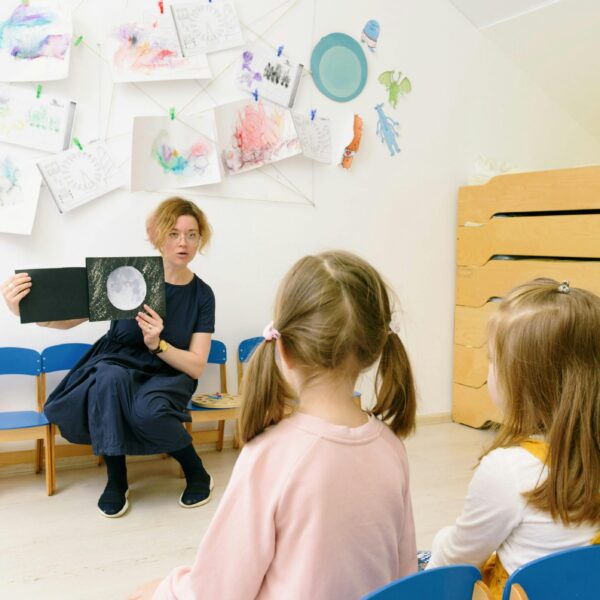Here’s a list of 10 influential women whose stories can be discussed and celebrated to support Women’s History Month in the classroom:
Malala Yousafzai (1997 – Present): Advocate for girls’ education, youngest Nobel Prize laureate.
Rosa Parks (1913 – 2005): Iconic figure in the Civil Rights Movement, known for her role in the Montgomery Bus Boycott.
Marie Curie (1867 – 1934): Pioneering physicist and chemist, first woman to win a Nobel Prize.
Amelia Earhart (1897 – Disappeared in 1937): Aviation pioneer, first woman to fly solo across the Atlantic.
Jane Goodall (1934 – Present): Primatologist and conservationist, renowned for her work with chimpanzees.
Frida Kahlo (1907 – 1954): Influential Mexican painter, known for her surrealist and symbolic artwork.
Katherine Johnson (1918 – 2020): Mathematician and NASA scientist, crucial to the success of early space missions.
Audrey Hepburn (1929 – 1993): Iconic actress and humanitarian, known for her work with UNICEF.
Ada Lovelace (1815 – 1852) Mathematician and writer, credited as the first computer programmer.
Michelle Obama (1964 – Present): Former First Lady, lawyer, and advocate for education and health.
These remarkable women come from diverse fields and backgrounds, offering a rich tapestry of stories for discussion during Women’s History Month. Their achievements can inspire and empower students across various subjects and disciplines.




Leave a Reply